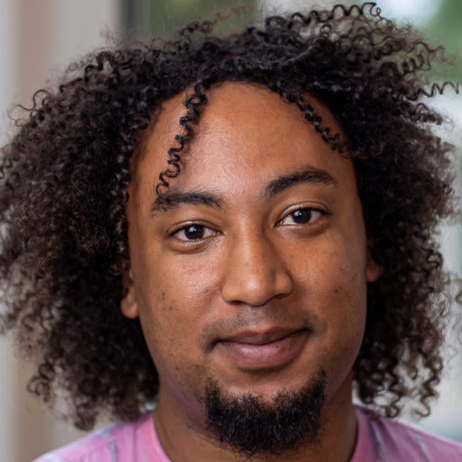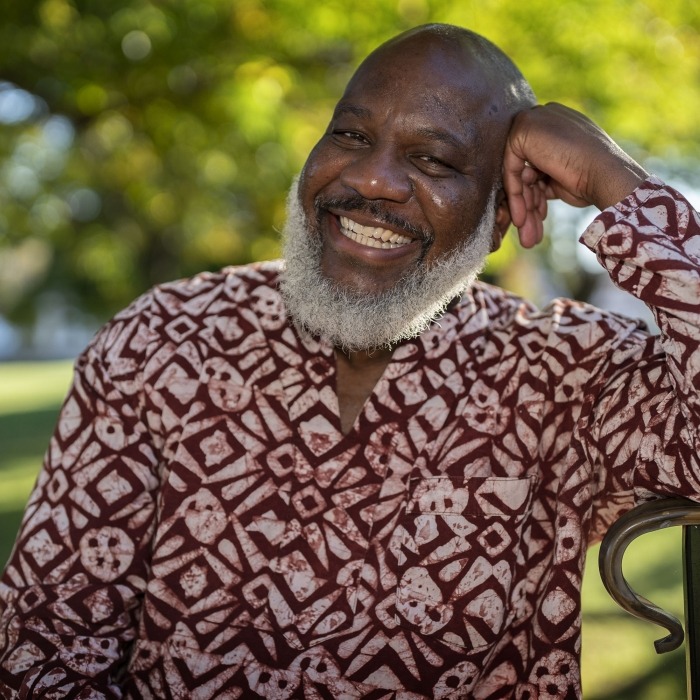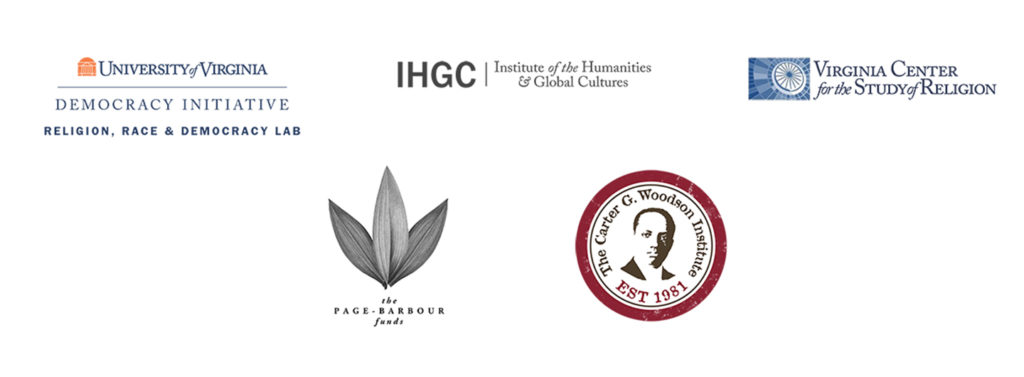“A broad rethinking of political issues becomes possible when Western ideals and practices are examined from the vantage point of Africa.”—Pankaj Mishra, New York Review of Books
Join us for a two-day virtual conference, featuring scholars of Africana Studies, Religious Studies, Anthropology, History, Sociology, Law, and Politics, who will share their expertise on religion and democracy on the African continent. The event will feature a keynote address by Mahmood Mamdani, the Herbert Lehman Professor of Government at Columbia University and author of the book, Neither Settler Nor Native: The Making and Unmaking of Permanent Minorities, (Harvard University Press, 2020), and result in the publication of an edited volume to be made freely available next year.
Registration
The conference will be hosted on Zoom; attendees must register separately for each session. Click on the orange ‘Zoom Registration’ buttons or linked session titles below to register and to learn more about the sessions and speakers.
(Note: the above button redirects to the Zoom registration page for the first conference session, “Historical Formations of Religion and Democracy.”)
All sessions will be recorded and made available on the Religion, Race & Democracy Lab’s Vimeo channel.
Schedule of Events
Saturday, May 7: Looking Back
9–11 AM EDT
Keynote Lecture: Mahmood Mamdani, Neither Settler Nor Native: The Making and Unmaking of Permanent Minorities
11:30 AM–1:30 PM EDT
Historical Formations of Religion and Democracy
2–4 PM EDT
African Religious Movements & Democracies
Sunday, May 8: Looking Forward
10 am–12 PM EDT
Contemporary Conflicts, the State, and Religion in Africa
1–4 pm EDT
New Theories and the Future of Religion and Democracy in Africa (followed by Closing Remarks)
Intellectual Focus
The modern categories of “democracy” and “religion” both took shape through processes in which the continent of Africa and its people often served as constitutive others—foils against which these modern Euro-American concepts were defined. This conceptualization was used to justify the exclusion of Africans and African-descended peoples and their traditions from democratic processes of governance and the legal and academic categories of “religion” well into the 21st century. All the while, the imperial conquest and exploitation of the African continent and its people was deemed vital to the maintenance of European democracy at home and its spread abroad.
Scholars such as Daniel Dubuisson, David Chidester, and Jacob Olupona have shown how indigenous African traditions were originally excluded from the modern category of “religion,” then gradually included as “primitive” varieties of religion, and later, “minor” or “indigenous” varieties of “religion” in the World Religions paradigm. Similarly, African traditions also sit at the boundaries of the legal category of “religion” in the Americas, Europe, and the African continent itself. For example, only one of Nigeria’s 36 states recognizes “African traditional religion” as an official religion alongside Islam and Christianity and the Church of Lukumi Babalu Aye vs. Hialeah is a landmark religious freedom case studied by nearly all U.S. law students.
Given these historical and colonial legacies, scholars of Africa and African traditions are uniquely suited to understand not only the “underside” of democracy, religion, and their interactions and imbrications in processes of racialization and imperialism, but also to develop new or highlight under-appreciated theoretical and methodological approaches to understanding the complex relationships between “religion” and “democracy.” Because African traditions of governance, politics, and religious practice have long exceeded and/or been excluded from the categories of “religion” and “democracy,” the continent is not only important place to think about these issues, but also to think from in order to understand the entangled history of religion and democracy and their possible futures.
Conference Organizers

Oludamini Ogunnaike
Oludamini Ogunnaike is Assistant Professor of African Religious Thought and Democracy at the University of Virginia, co-director of the Virginia Center for the Study of Religion, and a faculty partner with the Religion, Race & Democracy Lab. His research examines the philosophical and artistic dimensions of postcolonial, colonial, and pre-colonial Islamic and indigenous religious traditions of West and North Africa, especially Sufism and Ifa. He is the author of Deep Knowledge: Ways of Knowing in Sufism and Ifa, Two West African Intellectual Traditions (Penn State University Press, 2020) and Poetry in Praise of Prophetic Perfection: West African Madīḥ Poetry and its Precedents (Islamic Texts Society, 2020). He is currently working on two introductory book projects: Exploring Africana Philosophy (Equinox Press) and The Language of the Birds: An Introduction to Sufi Poetry and Poetics and conducting research comparing and contrasting indigenous/Islamic and Europhone theorizations and projects of decoloniality.
Ogunnaike earned his Ph.D. in African and African American Studies and Religion at Harvard University. Prior to his appointment at UVA, he taught at the College of William and Mary and held a postdoctoral fellowship at Stanford University. Professor Ogunnaike also writes and does work on the Philosophy of Religion, African Philosophy, Anthropology, Decoloniality, and Race.

Robert Trent Vinson
Robert Trent Vinson is Director & Chair of the Carter G. Woodson Institute for African American & African Studies at the University of Virginia and a Research Associate at Stellenbosch University in South Africa. He is a scholar and teacher of 19th and 20th century African & African Diaspora history, specializing in the transnational connections between southern Africa, the Americas and the Caribbean.
Vinson’s first book was The Americans Are Coming!: Dreams of ’American Negro Liberation’ in Segregationist South Africa (2012) and his second book was Albert Luthuli: Mandela before Mandela (2018). He has also published many articles, including in the Journal of African History, the African Studies Review, and the Journal of Southern African Studies. Vinson is currently completing two co-authored book projects, Zulu Diasporas: Africa and Africans in Black Nationalist Histories & American Popular Culture and Crossing the Water: African Americans and South Africa, 1890-1965: A Documentary History, contracted with Ohio University Press
Vinson currently serves as President of the Association for the Study of the Worldwide African Diaspora (ASWAD), the world’s premier professional organization of African and African Diaspora scholars. He also serves on the Board of Directors of the African Studies Association and on the editorial board of Michigan State University Press and of Safundi: The Journal of South African and American Studies.
Vinson earned his Ph.D. in African History from Howard University. Prior to his appointment at UVA, Vinson taught at Washington University in St. Louis and more recently, William & Mary, where he was Frances L. and Edwin L. Cummings Professor of History & Africana Studies. At William & Mary, Vinson was also the first Chair of the Lemon Project, which documents, preserves and disseminates scholarship that uncovered the College’s long histories of slavery and Jim Crow segregation.
Sponsored by


